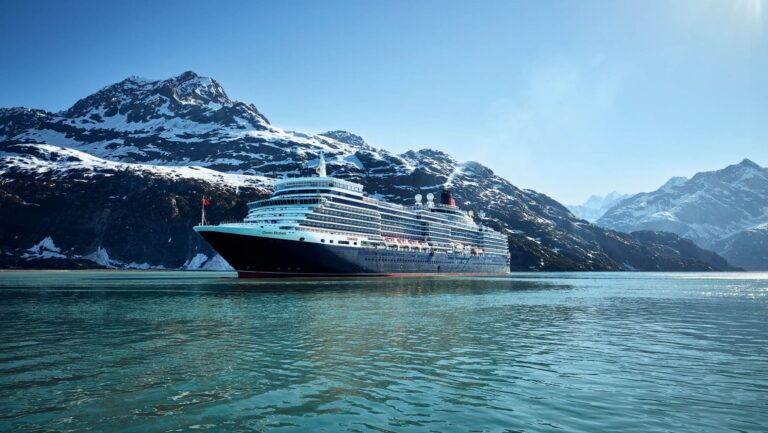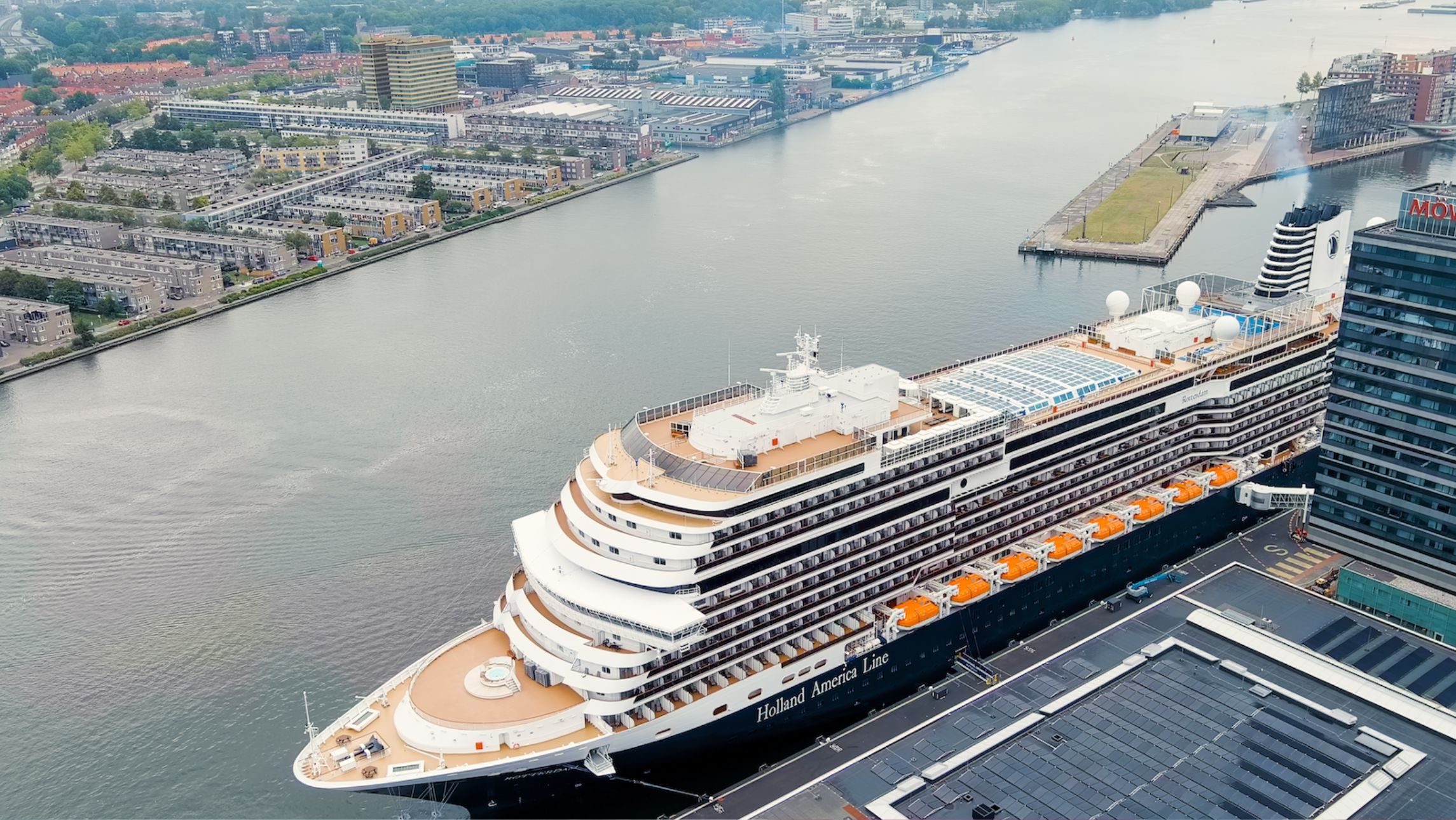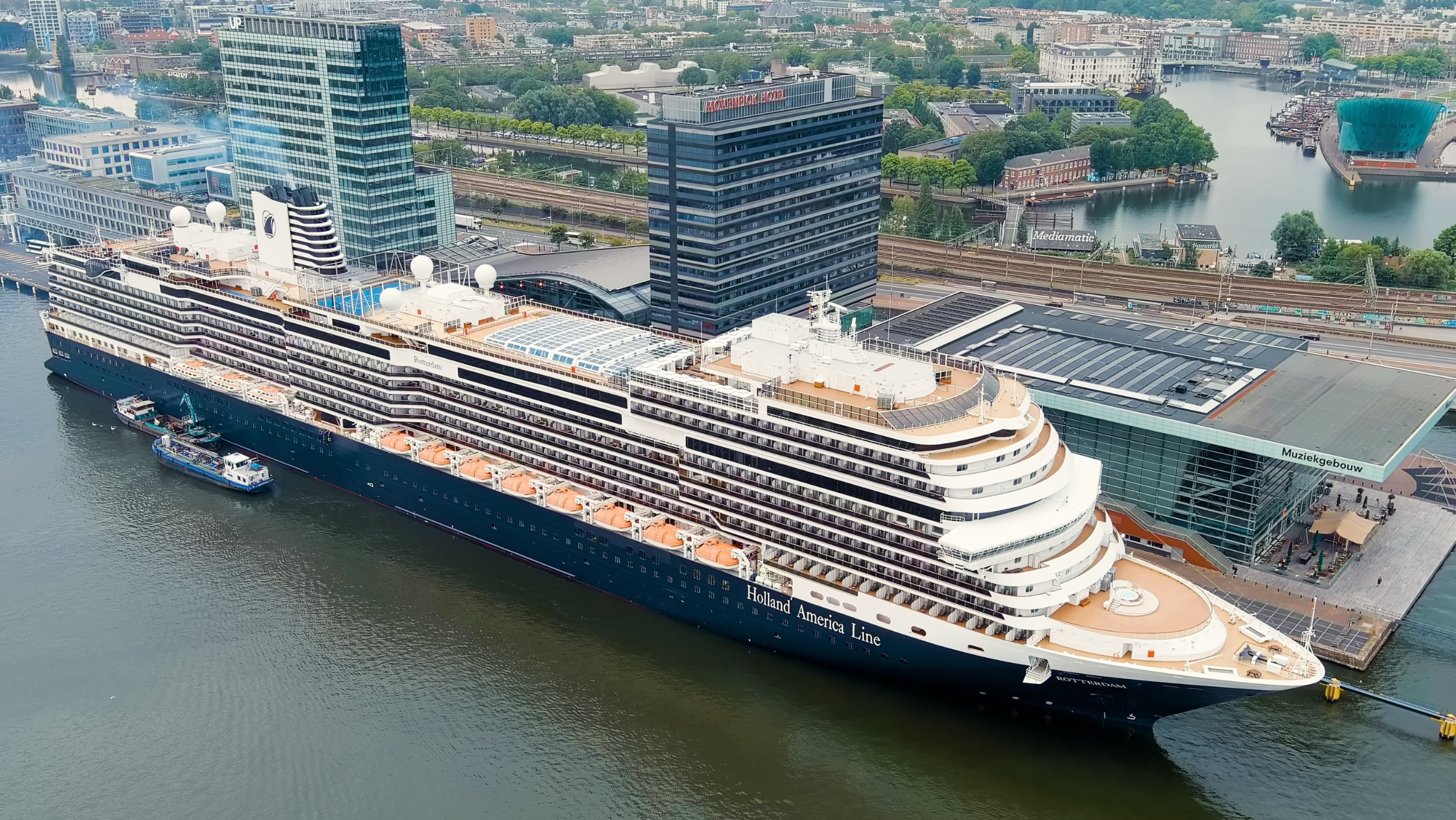An Australian maritime lawyer has warned cruisers affected by port calls cancellations should not to be deterred by terms and conditions they agreed to when they booking their holiday.
Often cruise lines reserve the rights to change itineraries in their Ts&Cs, but this doesn’t mean passengers can’t pursue compensation when itineraries are greatly altered.
Victoria Roy, principal solicitor at Victory Travel & Cruise Lawyers, with more than 12 years experience in personal injury and travel law, said there has been a key legal case in the Australian courts which has set the precedent for those who have been affected by itinerary changes.
Many Cruise Passenger readers responded to the story of Stan Hoey, a British passenger whose Cunard and Imagine Cruises itinerary had major cancellations across a range of New Zealand ports. Hoey took Imagine Cruises to court in the UK and won, prompting many to wonder if this could be a possibility in Australia.
Some cruise passengers even reached out and asked to be put in touch with legal representation that could assist with their battle for compensation in similar cases.
Key points
- A cruise line reserving their right to change ports as they see fit does not preclude them from the possibility of legal action, they must still uphold Australian Consumer Law.
- Australians have won compensation for a case of altered cruise itineraries before, in Moore v Scenic Tours
- The key to winning a case like that is that the itinerary change had a significant impact on the cruise
- If there were severe itinerary changes that were within the control of the cruise line, or the cruise line ought to have known about them, but the cruise line failed to inform passengers, then the passengers may be entitled to compensation.
Australians have won compensation for altered cruise itineraries before
“Cruise lines’ terms and conditions usually stipulate that itineraries aren’t guaranteed,” said Roy.
“However Australian courts found in the Moore v Scenic Tours class action – where Scenic essentially gave passengers a coach tour instead of a river cruise because of bad weather – that when a cruise line knows that external circumstances will have a significant impact on the cruise but fails to notify passengers in advance, this is a breach of the Australian Consumer Law.
“Those passengers successfully won damages for the ACL breaches plus additional compensation for their disappointment over the ruined cruise. There is, therefore, a favourable precedent if Australian passengers launched their own case.”

The key factor in seeking compensation
Roy explains that it comes down to an assessment of whether Australian Consumer Law was broken. Although, the vagueness of the laws can present some issues.
“Claims essentially come down to an assessment of whether the cruise services were provided per the ACL. The contractual terms, such as a disclaimer that itineraries aren’t guaranteed, are a starting point in that assessment but are not conclusive. Indeed, in Moore v Scenic Tours, Scenic tried to rely on a term in the contract that it could change the itinerary, but the court found that it did not trump breach of the ACL.
“Cases are decided on a case-by-case basis and are usually very fact-specific. It is therefore hard to come up with any hard and fast rules. However, I would say that one factor that would be crucial for a claim to be successful is that the itinerary change had a significant impact on the cruise. That of course will depend on the itinerary and what changes were made.”
The importance of who’s responsible
Roy points out that in particular if a cruise line knows in advance that it can’t deliver on its promised itinerary but doesn’t inform passengers to allow them to cancel, this is a breach of Australian Consumer Law. However, cruise lines may have an out if the cancellations are outside of their control.
“If a cruise line breaches its ACL guarantees or knows in advance that it cannot fulfill its ACL guarantees and does not give the consumer the option to cancel, then a consumer’s remedies under s267 ACL include terminating the contract if the breach is a ‘major failure’.
“However, the infamous s.261(1)(c) ACL exclusion that we all know about from COVID applies to breaches of ACL guarantee: where the breach was due to act by a third party or a cause independent of human control after services were supplied.
I would say that if a passenger experienced significant itinerary changes that were within the cruise line’s control, or which the cruise line knew about or ought to have known about in advance, the passenger should not be deterred by the T&Cs and still seek compensation from the cruise line.
They should do this in writing, keep copies of the emails/contact forms, etc and if the cruise lines refuse to pay anything, get reasons in writing.”
However, don’t expect it to be easy
It is an unfortunate reality that if people go up against a cruise line, they’re playing in the big leagues and it may not be an easy path. Roy highlights an occasion where aggrieved passengers were priced out of legal action.
“Unfortunately, it is a battle for individuals against big cruise lines with deep pockets though. A few years ago there was a class action for cruise passengers who set sail on a Pacific Islands cruise only to be told as it departed that it was going to Melbourne because of a cyclone.
“The claim was that the cruise line knew or ought to have known in advance and given the passengers the option to cancel or rebook. However the cruise line persuaded the court to order the passengers to each pay towards security for costs in case they lost, which they were not willing to do (it was not viable compared to the cost of the cruise), so the claim did not proceed.”










Was on that cruise in August. Mystery island was a very nasty accident with first tender boats being lowered and 2 crew members were critically injured. Passengers brought back to ship and Captain said we would sail full steam to Vila for medical evacuation to Brisbane. Plane could not land at Mystery island and no helicopters available from Vila. too far from Noumea for military helicopter to come. After Noumea and Lifou were cancelled due to political unrest, the island hopper only offered Mystery Island and Vila, nowhere else. The extra day would be at sea. We arrived at Vila early evening and allowed ashore. Later the critically injured crew were medically evacuated to Brisbane from ship to Airport. No point in removal to Vila hospital as facilities on board are better than Vila. I asked Captain next night at special cocktail party, how they were and was told they were in Brisbane. Plane had been sent from Brisbane to retrieve injured crew. I have witnessed evacuations to Brisbane several times for medical reasons. Vila hospital doesn’t have facilities for serious illnesses. I’ve also seen the ambulance leave empty, with a plane half way to Vila, because the patient ‘didn’t make it’. They and police, leave quietly!
I feel sorry for those who lost their day at Mystery. I feel sorry for the islanders who lost a day of income for markets and little excursions. All the lobsters for sale…guess the villagers ate them for dinner!
We have just come off the PO Encounter in August.
It was billed at Island Hopping when we purchased it….August 3rd 2024…Brisbane…August 4th at sea…. 5th Noumea … 6th Lifou…..7th Vanuatu … 8th – 9th at Sea… 10th Brisbane .
We were told that due to unrest New Caledonia was now not on the ports scheduled to visit, but to be assured other islands would replace them, when asking which islands we were to they were TBA.
We were not too concerned at this, but on setting off our first stop was Mystery Island, that seemed ok, we had breakfast and got ready for a welcomed day ashore.
We heard the anchor go down and the tender boats setting off, what seemed like minutes later, the tender boats were being pulled up and the Anchor followed.
An announcement from the captain saying a crew member was sick and they were taking him to Vanuatu, we were all surprised that he couldn’t have been helicoptered off
We set off for Vanuatu without an explanation to that question.
Vanuatu was a welcome stop after all those days at sea, something that those of us who don’t particularly enjoy long sea days welcomed.
At dinner that night conversation was mostly about where our next island would be ?
Well no announcement, but that soon became obvious as Brisbane was becoming the only option.
We enquired at the Service desk but were told it was our Travel Agents fault, and told us to ring them.
Our TA was not impressed, she was under the impression as we were that other islands would be added in replacement.
I have written many times to PO but not given any details as to what happened other than the crew member was still sick ♀️
Last email they told me to claim on my Travel Insurance!!
I don’t know what they would have to say about that.
Not at all impressed with PO, but they won’t care as they are being rebranded to Carnival… well I can tell you neither brand will get our future business if they shirk their responsibilities to compensate us.